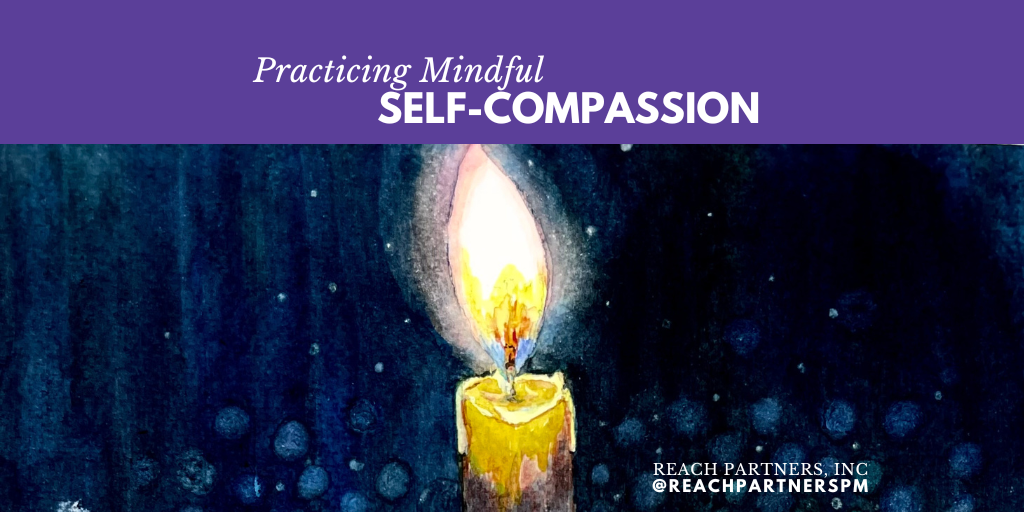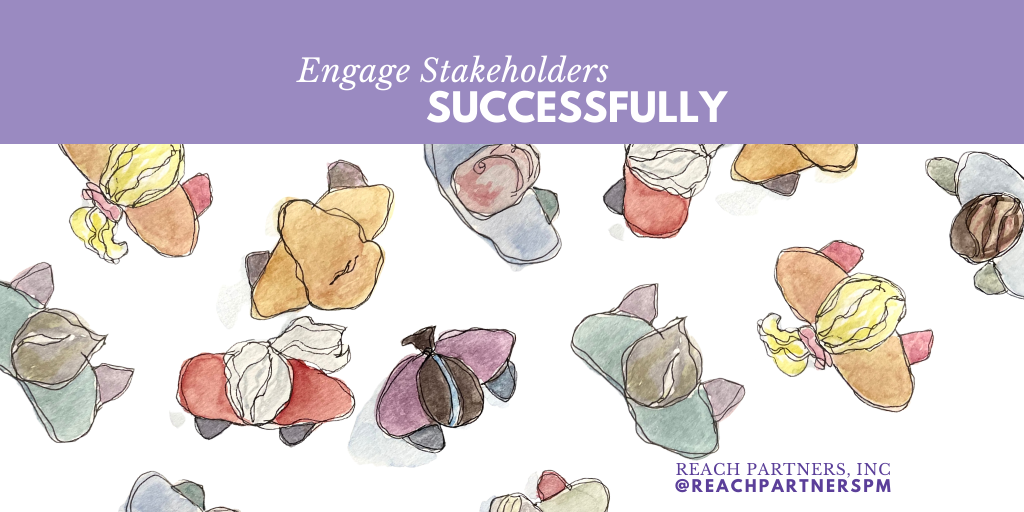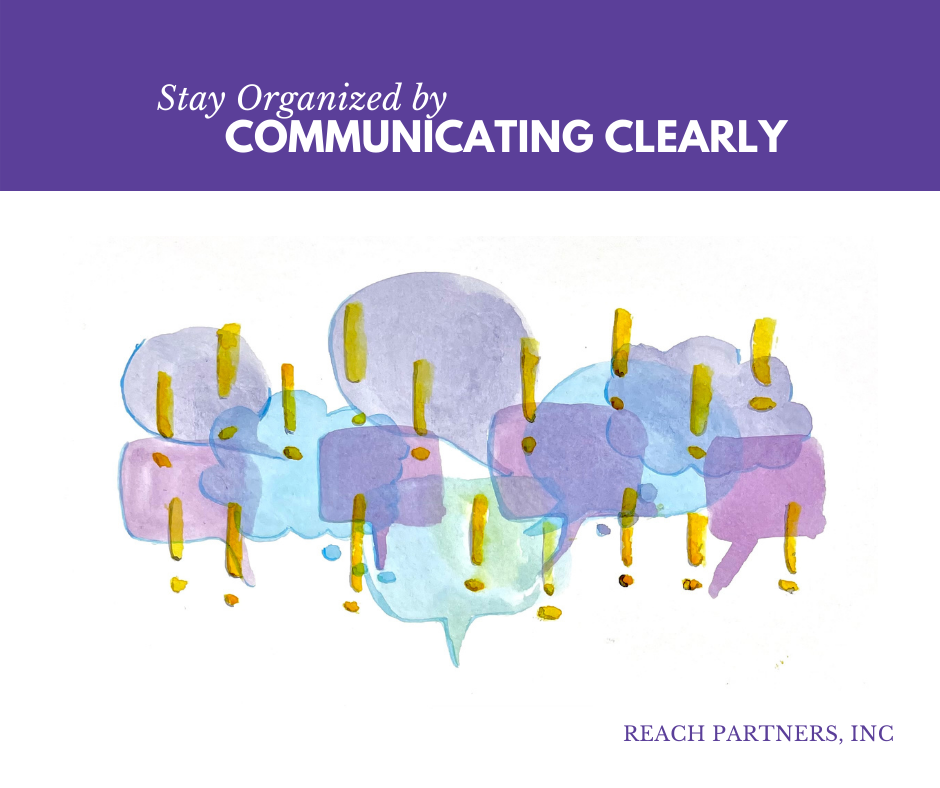|
I started running just before I turned 30. After realizing I had never completed a consecutive mile, I wanted to see if I could reduce the amount I sweat (my cooling system is a slick thing to be admired) and transform into a long-legged, running gazelle (nope).
Still, what I have discovered after years of trotting is there are similarities between running a race (like a half marathon, 13.1 miles) and the project management work I do at Reach Partners (everyday, baby). For both, success starts by committing to do what I say I’ll do.
2 Comments
My family and I recently enjoyed a vacation in North Carolina. We visited the beach, attended a professional hockey game, and cherished time spent together.
We also toured the Battleship North Carolina. This ship participated in every major naval offensive in the Pacific theater of operations during World War II. It’s now an authentically restored National Historic Landmark. As we walked through the exhibits and learned more about the important role this ship played, I had an ah-hah moment. At Reach Partners, we often use the analogy “we drive the boat” with our clients. It’s a way to describe the role we can play when an organization needs assistance. In North Carolina, I started to question what kind of boat we drive. In the moments before the launch of an event or project, I’ve heard Anita repeat a sort of pep talk with the team at hand. It always comes during the inevitable scramble that occurs as a project comes to fruition.
During this speech she reiterates the purpose of the activity, project, or event. She also tells the team that she’s intentionally pausing on politeness during this last-minute crunch. From that moment until everything is running on its own, the team will not hear Anita say please or thank you. This speech marks a moment of distinction when the project transitions from planning to execution, when the team moves from preparing to doing. At this moment, Anita shifts her role from relationship manager to focused executor. Declaring this small, but philosophically significant juncture, gives her the critical permission to “go,” and signals the team to do the same. Reach Partners knows the value of a wrap-up or lessons-learned meeting and how that can offer insight into future projects. We have talked about how best to present a Post Activity Report and who should be part of this kind of reflection.
But recently, someone asked whether it’s necessary to plan a wrap-up session when the event is never going to happen again. The short answer: yes. The longer answer, here’s why: Asking for help is hard. Or, at least for many of us that’s true.
When we hesitate to ask for support, however, we unnecessarily suffer through difficult situations at work, at home, or even in a relationship. The reasons we avoid asking for help vary. Maybe we don’t know how to ask. Maybe we are too proud or scared to show vulnerability in our Midwestern culture. Perhaps we carry generational baggage that tells us we are not worthy of needing assistance. Whatever the barriers are, we need learn how to rise above them. Leaders who ask for help are the kind of people with whom Reach Partners thrives. They are humble and know their limitations. Leaders who ask for help tend to value expertise that others bring. To get better at asking for help, we encourage you to think about the obstacles and why it’s worth overcoming them. I was once invited to give feedback on an activity my child participated in. I’m confident the leaders had good intentions – after all, they asked parents to fill out a survey. But, I didn’t feel fulfilled after answering the questions. I didn’t understand why my input was needed. Was I helping to make the activity better for the next year? Was I understood?
You’ve likely found yourself in a similar situation. The experience prompted me to think deeper about why we need feedback and the best way to gather it. It’s hard to take time for yourself when the calendar is full, but I’m learning that might be the perfect time to do so.
Recently, Rachel and I took an online course on self-compassion from experts Kristin Neff – if you’ve ever heard anyone referencing self-compassion, it was likely her! – and Chris Germer. They have been working together since 2010. We didn’t have an extra 12 hours in our schedule, but making time for that course was worth it. We want to be the best human beings and project managers that we can be. We accomplish this by learning, growing, and expanding our thinking. All it takes are five simple ingredients to add creamy flavor to fried potatoes and punch to baked salmon. Those same five ingredients can serve as a base for a scrummy potato salad and the unsung heroes of a BLT sandwich.
When you combine garlic, mustard, egg, oil and lemon, you get an unforgettable garlicky mayonnaise, also known as aioli. Those individual ingredients are certainly tasty, but they become magical when combined. By slowly adding oil while whipping the other ingredients, the liquids emulsify and create a custard-like spread. Yum! Like mayo, the ingredients for a planning process are simple. Yet they form something new when combined. When blended, purpose, people, time, communication, and action become key ingredients to projects, events and collaborations we deem successful. We know that projects take time and effort. We expect to spend hours on project timelines, project budgets, and project deliverables whether we’re planning an event, constructing a building, or installing public art.
At Reach Partners, we do this well. We are, after all, project managers. That said, the term “project management” doesn’t completely describe our work. Every project we do involves or affects people. After all, without their input and responses, our projects are meaningless. An event doesn’t happen without presenters, attendees, organizers, and vendors. Buildings aren’t constructed without engineers, architects, funders, and those who occupy its spaces. And public art without an artist and viewers? Well . . . Truth be told, project management is as much about people management and relationship building as it is about shuffling plans, timelines, and budgets. We spend a considerable amount of our time working with stakeholders and keeping them engaged in the work.
As project managers, Anita and I have a reputation for being super organized.
Once upon a time a friend even introduced me as “super organized, down to the minute.” The way she said it made it seem as though it was my super power, a skill set I was granted at birth and now sprinkled upon every project I managed. I’m not going to lie, those words certainly warmed my project-manager heart. But, something gets lost when we look at “being organized” as a skill in and of itself. Because here’s the deal: I’m only super organized because I communicate clearly or at least try to. Being organized means nothing if one can’t communicate what’s needed and what’s happening to themselves and to someone else. |
Reach PartnersYour partners in leadership. Categories
All
Archives
July 2024
|
|
|
Reach Partners, Inc
3330 Fiechtner Dr. Suite 100 Fargo, ND 58103-2321 701-271-8170 Copyright (C) 2024 Reach Partners Inc.
|










